Introduction
Menopause is a natural biological process that marks the end of a woman’s menstrual cycles. It’s a significant phase in a woman’s life, typically occurring in the late 40s to early 50s. Perimenopause, on the other hand, is the transitional period leading up to menopause, which can start as early as the mid-30s and last for several years. During this time, women may experience a variety of symptoms that can signal the approach of menopause.
Recognizing the signs of menopause and perimenopause is crucial for managing the associated symptoms and maintaining overall health and well-being. Understanding these signs can help you prepare for and navigate this transition more smoothly, ensuring that you can take proactive steps to support your body during this time. One of the key factors influencing these changes is the fluctuation and eventual decline of hormone levels, particularly estrogen and progesterone.
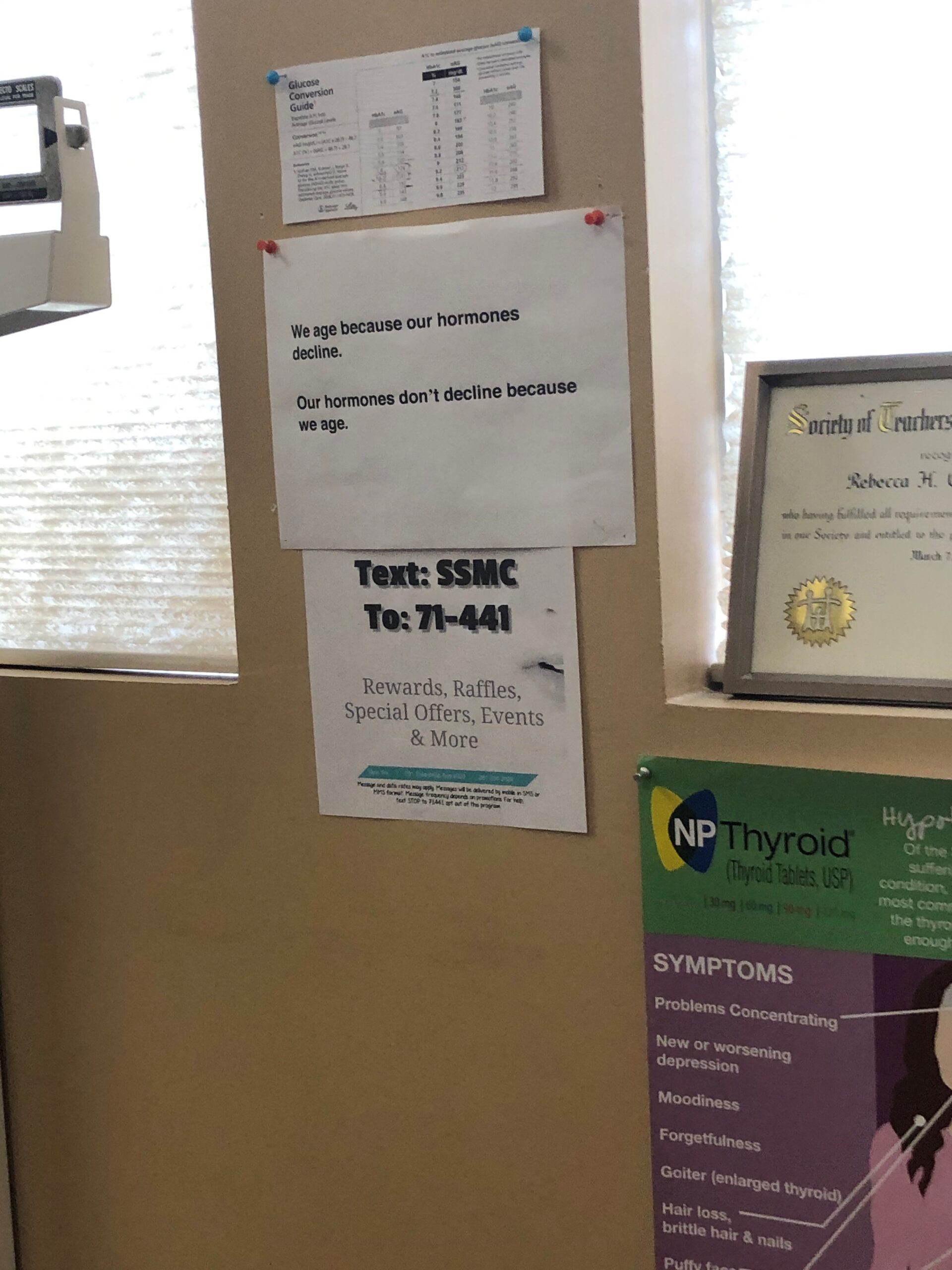
One sign on the wall of my doctor’s office that always resonated with me was the quote: “We age because our hormones decline. Our hormones don’t decline because we age.” This statement highlights the profound impact that hormones have on our aging process and underscores the importance of maintaining hormonal balance. It suggests that by understanding and managing our hormone levels, we can potentially decelerate the aging process and improve our quality of life during menopause and beyond. We will dig deeper into this quote later in the blog.
Understanding Menopause and Perimenopause
Definition of Menopause
Menopause is a natural biological process that signifies the end of a woman’s menstrual cycles. It is officially diagnosed after a woman has gone 12 consecutive months without a menstrual period. This phase typically occurs in women in their late 40s to early 50s, although it can happen earlier or later for some. Menopause marks the end of a woman’s reproductive years and the cessation of ovarian function. During menopause, the body undergoes significant hormonal changes, particularly a decrease in the production of estrogen and progesterone. These hormonal shifts can lead to a variety of physical and emotional symptoms, making it a pivotal time in a woman’s life that requires understanding and management.
Definition of Perimenopause
Perimenopause, often referred to as the transition to menopause, is the period leading up to menopause. It is characterized by various physical and hormonal changes as the body gradually transitions from regular menstrual cycles to complete cessation. Perimenopause can begin as early as a woman’s 30s or 40s and can last anywhere from a few years to over a decade. During this time, women may experience a range of symptoms due to fluctuating hormone levels, including irregular periods, hot flashes, night sweats, mood swings, and changes in libido. The symptoms of perimenopause can be unpredictable and vary greatly among women.
Understanding perimenopause is crucial for several reasons. First, it helps women recognize that the changes they are experiencing are normal and part of a natural process. Second, it allows them to seek appropriate medical advice and support to manage symptoms effectively. Awareness and education about perimenopause can also help in making lifestyle adjustments that can ease the transition. By understanding the early signs and symptoms of perimenopause, women can take proactive steps to support their health and well-being during this transitional phase.
Common Symptoms of Perimenopause and Menopause
Both perimenopause and menopause bring about a variety of symptoms as the body undergoes significant hormonal changes. While there is some overlap, the severity and specific nature of symptoms can differ between these phases. Understanding these differences can help in managing and addressing the symptoms more effectively.
Irregular Periods
- Perimenopause: Changes in menstrual cycle frequency, duration, and flow are common. Periods may become shorter or longer, lighter or heavier, and more or less frequent.
- Menopause: Complete cessation of menstrual periods for 12 consecutive months.
Hot Flashes and Night Sweats
- Perimenopause: Sudden feelings of warmth that are often intense and can occur frequently.
- Menopause: These symptoms may continue but can vary in intensity and frequency.
Sleep Problems
- Perimenopause: Insomnia or waking up frequently during the night is common due to hormonal fluctuations.
- Menopause: Sleep disturbances may persist, often exacerbated by night sweats.
Mood Changes
- Perimenopause: Increased irritability, anxiety, or depression are common as hormone levels fluctuate.
- Menopause: Mood swings can continue, often influenced by other menopausal symptoms and lifestyle factors.
Weight Gain and Slowed Metabolism
- Perimenopause: Metabolism may start to slow down, leading to gradual weight gain.
- Menopause: Weight gain may become more pronounced, especially around the abdomen.
Thinning Hair and Dry Skin
- Perimenopause: Some women may notice changes in hair texture and skin health.
- Menopause: Thinning hair and dry skin can become more noticeable and persistent.
Loss of Breast Fullness
- Perimenopause: Gradual changes in breast tissue may begin.
- Menopause: More significant loss of breast fullness and changes in texture.
Decreased Libido
- Perimenopause: A lowered interest in sexual activity may occur.
- Menopause: This symptom can persist and may be accompanied by other sexual health issues.
Vaginal Dryness and Discomfort
- Perimenopause: Some women may experience vaginal dryness and discomfort during intercourse.
- Menopause: These symptoms can become more pronounced and persistent.
Memory Problems and Difficulty Concentrating
- Perimenopause: Cognitive changes such as memory problems and difficulty concentrating may begin.
- Menopause: These issues can continue and may be influenced by sleep disturbances and other symptoms.
Chart: Differences in Symptoms Between Perimenopause and Menopause
| Symptom | Perimenopause | Menopause |
|---|---|---|
| Irregular Periods | Changes in frequency, duration, and flow | Complete cessation for 12 consecutive months |
| Hot Flashes and Night Sweats | Sudden, frequent warmth | Variable intensity and frequency |
| Sleep Problems | Insomnia, frequent waking | Persistent disturbances, night sweats |
| Mood Changes | Irritability, anxiety, depression | Continued mood swings, influenced by other factors |
| Weight Gain and Metabolism | Gradual weight gain, slowed metabolism | Pronounced weight gain, especially abdominal |
| Thinning Hair and Dry Skin | Initial changes in hair and skin | More noticeable and persistent |
| Loss of Breast Fullness | Gradual changes | Significant loss and texture changes |
| Decreased Libido | Lowered interest in sexual activity | Persistent decreased libido |
| Vaginal Dryness and Discomfort | Some dryness and discomfort | More pronounced and persistent |
| Memory and Concentration | Initial cognitive changes | Continued memory problems, concentration issues |
Understanding these symptoms and how they vary between perimenopause and menopause can help in seeking appropriate treatment and making lifestyle adjustments to manage the transition effectively.
The 12 Subtle Signs of Perimenopause
While many symptoms of perimenopause are well-known, such as hot flashes and irregular periods, there are several less noticeable signs that someone may be entering this transitional phase. Share on XBeing aware of these subtle symptoms can help women recognize and address perimenopause early on.
Changes in Body Odor
- Explanation: Hormonal fluctuations can lead to changes in body odor. Some women may notice that they sweat more or that their sweat smells different.
Increased Urinary Frequency or Incontinence
- Explanation: As estrogen levels drop, the urinary tract can become more sensitive, leading to an increased need to urinate or occasional incontinence.
Joint and Muscle Pain
- Explanation: Hormonal changes can affect the joints and muscles, leading to unexplained aches and pains, stiffness, or soreness.
Changes in Libido
- Explanation: A subtle decrease in sexual desire can occur, even if vaginal dryness or discomfort isn’t yet present.
Breast Tenderness
- Explanation: Hormonal fluctuations can cause breast tissue to become more sensitive or tender, similar to premenstrual symptoms but potentially more frequent.
Heart Palpitations
- Explanation: Some women may experience occasional heart palpitations or a feeling of the heart beating irregularly, which can be alarming but is often related to hormonal changes.
Dry Eyes and Vision Changes
- Explanation: Reduced estrogen levels can affect the moisture levels in the eyes, leading to dryness and potential changes in vision.
Digestive Changes
- Explanation: Hormonal fluctuations can impact the digestive system, leading to symptoms such as bloating, gas, or changes in bowel habits.
Changes in Skin Texture
- Explanation: Skin may become drier, thinner, or more prone to acne and other blemishes due to hormonal shifts.
Headaches and Migraines
- Explanation: Hormonal changes can trigger headaches or migraines, even in women who may not have experienced them frequently before.
Tingling Extremities
- Explanation: Some women report a sensation of tingling or numbness in their hands and feet, which can be a result of fluctuating hormone levels.
Increased Allergies
- Explanation: Hormonal changes can affect the immune system, potentially leading to increased sensitivity to allergies or new allergic reactions.
Recognizing these subtle signs can help women understand that they may be entering perimenopause and seek appropriate guidance from healthcare professionals. Early recognition and management can make the transition smoother and more manageable.
The Connection Between Perimenopause/Menopause and Autoimmune Disease
Perimenopause and menopause are significant transitional phases in a woman’s life, characterized by hormonal fluctuations that impact various bodily functions. These hormonal changes can also influence autoimmune disease, leading to an interplay that can exacerbate or alter the course of these conditions. Understanding this connection is crucial for managing both perimenopause/menopause and autoimmune disease effectively.
Hormonal Fluctuations and Immune System
Estrogen and Progesterone:
- Role in Immune Function: Estrogen and progesterone have immunomodulatory effects, meaning they help regulate the immune system. Estrogen, in particular, tends to enhance immune response, while progesterone can have a more suppressive effect.
- Impact of Decline: During perimenopause and menopause, levels of these hormones decline, which can lead to an imbalance in immune regulation. This shift can potentially trigger or worsen autoimmune conditions.
Testosterone:
- Role in Immune Function: Testosterone, which also declines during menopause, generally has an immunosuppressive effect. The reduction of testosterone levels can lead to an overactive immune response, contributing to autoimmune disease activity.
Autoimmune Disease Flare-Ups
Common Autoimmune Conditions Affected:
- Rheumatoid Arthritis (RA): Women with RA often report increased joint pain and swelling during perimenopause and menopause, likely due to decreased estrogen levels.
- Systemic Lupus Erythematosus (SLE): Hormonal changes can exacerbate symptoms of SLE, leading to more frequent or severe flare-ups.
- Multiple Sclerosis (MS): Some women with MS may experience changes in symptom severity during perimenopause and menopause, though research is still ongoing to fully understand this relationship.
Symptoms Overlap
Shared Symptoms:
- Fatigue: Both menopause and autoimmune diseases can cause significant fatigue, making it difficult to distinguish the root cause.
- Joint Pain: Hormonal changes can lead to joint pain, a common symptom in many autoimmune conditions.
- Mood Changes: Depression, anxiety, and mood swings are common in both menopause and autoimmune disease, likely due to hormonal and immune system interactions.
Understanding the connection between perimenopause/menopause and autoimmune disease can help women navigate these challenging phases with better strategies for symptom management. By working closely with healthcare providers and adopting a holistic approach to health, women can improve their quality of life during these transitions.
“We Age Because Our Hormones Decline. Our Hormones Don’t Decline Because We Age.”
As we delve deeper into the complexities of perimenopause and menopause, it’s important to revisit the quote mentioned earlier: “We age because our hormones decline. Our hormones don’t decline because we age.” This statement provides a profound insight into the role hormones play in the aging process and underscores the importance of maintaining hormonal balance.
What Does That Really Mean?
Understanding the Role of Hormones in the Aging Process Hormones are chemical messengers that regulate various functions in the body, including metabolism, growth, immune function, and reproduction. Key hormones like estrogen, progesterone, and testosterone play crucial roles in maintaining health and vitality. As we age, the levels of these hormones naturally decline, which can lead to various physical and emotional changes associated with aging.
The Bidirectional Relationship Between Hormone Levels and Aging The relationship between hormone levels and aging is bidirectional. While aging contributes to the decline in hormone production, reduced hormone levels can accelerate the aging process. For example, lower levels of estrogen and progesterone during menopause can lead to symptoms such as hot flashes, mood swings, and bone density loss, which are commonly associated with aging.
The Impact of Hormonal Balance on Overall Health and Well-being Maintaining hormonal balance is essential for overall health and well-being. Balanced hormones help regulate mood, energy levels, weight, and cognitive function. When hormone levels are optimal, the body can function more efficiently, and the risk of developing age-related diseases decreases.
Importance of Maintaining Hormonal Balance to Decelerate Aging By understanding and managing hormone levels, it is possible to decelerate the aging process. Hormonal balance can be achieved through various means, including lifestyle modifications, dietary changes, and medical interventions. Ensuring adequate intake of nutrients that support hormone production, engaging in regular physical activity, and managing stress can all contribute to maintaining hormonal health.
Maintaining hormonal balance is not just about addressing symptoms; it’s about promoting long-term health and vitality. By taking proactive steps to manage hormone levels, it is possible to mitigate the effects of aging and improve overall quality of life during perimenopause, menopause, and beyond. This holistic approach to health emphasizes the interconnectedness of hormones and aging, highlighting the importance of maintaining balance for long-term well-being.
Strategies for Balancing Hormones
Balancing hormones is crucial for overall health and well-being, especially during perimenopause and menopause. Here are several strategies that can help maintain hormonal balance:
Healthy Diet
Nutrient-rich foods play a significant role in supporting hormonal balance. Consuming a variety of whole foods, including fruits, vegetables, lean proteins, and healthy fats, can provide the necessary nutrients for optimal hormone production and regulation.
- Tips:
- Incorporate Healthy Fats: Include sources of healthy fats such as avocados, nuts, seeds, and olive oil to support hormone production.
- Eat Plenty of Fiber: Whole grains, legumes, and vegetables can help regulate blood sugar levels and support digestive health, both of which are important for hormone balance.
- Stay Hydrated: Drink plenty of water to support overall bodily functions, including hormone regulation.
Regular Exercise
Physical activity has numerous benefits for hormonal health. Regular exercise can help reduce stress, maintain a healthy weight, and improve mood, all of which contribute to balanced hormones.
- Tips:
- Mix It Up: Incorporate a variety of exercises, including cardiovascular, strength training, and flexibility workouts, to promote overall health.
- Stay Consistent: Aim for at least 30 minutes of moderate exercise most days of the week.
- Listen to Your Body: Adjust your exercise routine based on how you feel, especially during perimenopause and menopause.
Stress Management
Chronic stress can negatively impact hormone levels. Managing stress through relaxation techniques can help maintain hormonal balance.
- Tips:
- Practice Meditation: Spend a few minutes each day in meditation to calm your mind and reduce stress.
- Try Yoga: Yoga combines physical movement with breath control and meditation, which can help lower stress levels.
- Deep Breathing: Practice deep breathing exercises to activate the body’s relaxation response.
Quality Sleep
Good sleep hygiene is essential for hormone regulation. Poor sleep can disrupt hormone production and lead to imbalances.
- Tips:
- Establish a Routine: Go to bed and wake up at the same time every day to regulate your body’s internal clock.
- Create a Relaxing Environment: Make your bedroom conducive to sleep by keeping it dark, quiet, and cool.
- Limit Screen Time: Avoid screens for at least an hour before bed to reduce blue light exposure that can interfere with sleep.
Avoiding Toxins
Exposure to endocrine disruptors can interfere with hormone production and balance. Reducing exposure to these toxins is important for maintaining hormonal health.
- Tips:
- Use Natural Products: Opt for natural or organic personal care and cleaning products that are free from harmful chemicals.
- Be Mindful of Plastics: Avoid using plastic containers for food and drink, especially when heating, as they can leach harmful chemicals.
- Check Labels: Read labels on products to avoid ingredients known to be endocrine disruptors, such as phthalates and parabens.
Supplements and Herbal Remedies
Certain supplements and herbal remedies can support hormonal balance. However, it’s important to consult with a healthcare provider before starting any new supplement regimen.
- Tips:
- Consider Omega-3s: Omega-3 fatty acids found in fish oil supplements can help reduce inflammation and support hormone health.
- Explore Herbal Options: Herbs like maca root, ashwagandha, and evening primrose oil are known to support hormonal balance.
- Stay Informed: Work with a healthcare provider to determine which supplements are right for you and ensure they don’t interact with any medications you’re taking.
Medical Treatments
For some women, medical treatments such as hormone replacement therapy (HRT) may be necessary to manage symptoms and maintain hormonal balance.
Hormone Replacement Therapy (HRT):
- Types of HRT:
- Estrogen Therapy: For women who have had a hysterectomy.
- Combination Therapy: Estrogen and progesterone for women who still have their uterus.
- Benefits: Can reduce menopausal symptoms like hot flashes, night sweats, and vaginal dryness, and improve quality of life.
- Risks: Potential risks include blood clots, stroke, and certain types of cancer. It’s important to discuss these risks with your healthcare provider.
- Non-Hormonal Medications: Options like antidepressants or medications specifically designed to treat hot flashes can also be helpful.
- Tips:
- Discuss Options: Talk to your healthcare provider about the benefits and risks of HRT and other medical treatments.
- Monitor Effects: Regularly check in with your provider to monitor the effects of any medical treatments and make adjustments as needed.
- Stay Informed: Keep up-to-date with the latest research and guidelines regarding medical treatments for hormonal health.
Regular Check-Ups
Regular check-ups with healthcare professionals are crucial for monitoring hormone levels and overall health. These visits can help detect and address any imbalances early.
- Tips:
- Schedule Routine Visits: Make regular appointments with your healthcare provider to monitor your hormone levels and overall health.
- Be Proactive: Discuss any symptoms or concerns you have with your provider to ensure they are addressed promptly.
- Keep Records: Maintain a health journal to track your symptoms and any changes you notice, which can be helpful during your check-ups.
By adopting these strategies, you can support your hormonal health and navigate the transitions of perimenopause and menopause more smoothly.
Resources
Navigating perimenopause and menopause can be challenging, but there are numerous resources available to help you understand and manage this transition. Here are some valuable resources to consider:
Books
- The Wisdom of Menopause by Dr. Christiane Northrup
- Comprehensive guide on managing physical and emotional changes during menopause.
- The Wisdom of Menopause
- Hormone Balance Made Simple by Dr. John Lee and Virginia Hopkins
- Practical advice on natural hormone balance and treatment options.
- Hormone Balance Made Simple
- The Menopause Diet Plan by Hillary Wright and Elizabeth Ward
- Nutritional guidance tailored for menopausal women.
- The Menopause Diet Plan
Websites
- North American Menopause Society (NAMS)
- Provides up-to-date information and resources on menopause and perimenopause.
- North American Menopause Society (NAMS)
- National Institute on Aging
- Offers educational articles and resources on menopause.
- National Institute on Aging
- Menopause Matters
- A comprehensive resource for menopause-related information and support.
- Menopause Matters
Online Communities and Forums
- Red Hot Mamas
- A supportive community offering information and discussions about menopause.
- Red Hot Mamas
- Menopause Support
- Provides support, information, and a forum for women experiencing menopause.
- Menopause Support
Podcasts
- The Menopause Movement
- Hosted by Dr. Michelle Gordon, this podcast covers various aspects of menopause, including health, wellness, and personal stories.
- The Menopause Movement
- The Happy Menopause
- Hosted by nutritionist Jackie Lynch, this podcast offers practical advice and expert interviews on managing menopause symptoms.
- The Happy Menopause
- The Hormone Balance Solution
- Hosted by naturopathic doctor Melissa Balizan, focusing on natural approaches to hormonal balance.
- The Hormone Balance Solution
Apps
- MenoLife
- A comprehensive app that tracks symptoms, provides educational resources, and connects users with a supportive community.
- MenoLife
- Balance
- Created by Dr. Louise Newson, this app helps track menopause symptoms and provides evidence-based information.
- Balance
- Clue
- A period and ovulation tracker that also includes features for tracking menopause symptoms.
- Clue
Healthcare Providers
- Certified Menopause Practitioners
- NAMS offers a directory of certified practitioners who specialize in menopause care.
- Certified Menopause Practitioners
- Integrative and Functional Medicine Practitioners
- These practitioners can offer personalized approaches to managing hormonal health during menopause.
- Integrative and Functional Medicine Practitioners
Workshops and Support Groups
- Local Support Groups
- Many communities offer local support groups for women going through menopause, providing a space to share experiences and gain support.
- Local Support Groups
- Workshops and Seminars
- Check with local health organizations, wellness centers, and hospitals for workshops and seminars on menopause and hormonal health.
- Workshops and Seminars
By leveraging these resources, you can gain a better understanding of perimenopause and menopause, learn strategies to manage symptoms, and connect with a supportive community.
Final Thoughts
Recognizing the symptoms of menopause and perimenopause is essential for managing the physical and emotional changes that come with these life transitions. Early identification of these signs allows for timely intervention, which can significantly improve quality of life. Symptoms such as irregular periods, hot flashes, sleep disturbances, and mood changes can be challenging, but understanding them as part of the natural aging process can empower women to take proactive steps in managing their health.
It is crucial to seek medical advice for personalized hormone management strategies. Each woman’s experience with perimenopause and menopause is unique, and a healthcare provider can offer tailored guidance and treatments. Whether it’s through lifestyle changes, natural supplements, or medical treatments like hormone replacement therapy, having a personalized plan can make a significant difference. Regular check-ups and open communication with a healthcare provider are key to navigating this stage of life effectively.
On a personal note, although I am not in perimenopause, I have taken a proactive approach to managing my hormones overall. Understanding the importance of hormonal balance, I see a hormone doctor to monitor my thyroid and low testosterone levels. This proactive management has been instrumental in maintaining my health and well-being. By addressing these hormonal issues early, I have been able to prevent potential complications and ensure that my body functions optimally.
Taking control of your hormonal health is empowering. It involves listening to your body, being informed about the changes it undergoes, and seeking professional advice when necessary. My journey with hormone management has taught me the value of being proactive and attentive to my body’s needs. Whether you are approaching perimenopause, already experiencing its symptoms, or simply want to take a proactive stance on your health, understanding and managing your hormones is a vital part of ensuring long-term well-being.
Recognizing and addressing the symptoms of perimenopause and menopause is a crucial step in managing your health during this transitional phase. By seeking personalized medical advice, making informed lifestyle choices, and being proactive about hormone management, you can navigate this journey with confidence and resilience. Your health is your most valuable asset, and taking steps to maintain hormonal balance can help you lead a healthier, more vibrant life.
Call to Action
I invite you to share your personal experiences and questions in the comments below. Your stories and insights can provide valuable support and encouragement to others navigating perimenopause and menopause.
Don’t forget to subscribe to the blog for more health and wellness tips. By staying informed, you can continue to make empowered decisions about your health and well-being.
For further information and support, feel free to explore the resources mentioned in this post. Together, we can build a supportive community to help each other through these transitions.
If you are looking for more tips and support, join me over on my group page, The Village – A Natural HEALing Community, to get tons of information and tips to help you take your HEALTHY EATING and ACTIVE LIVING to the next level.
REFERENCES:
MORE RELATED POSTS:


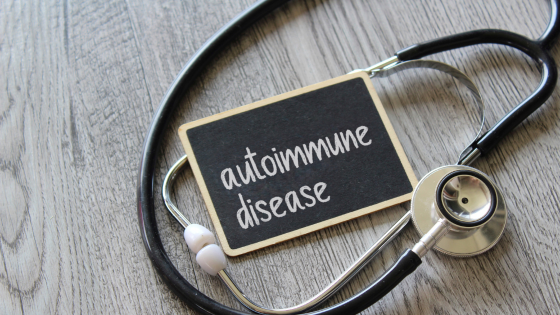
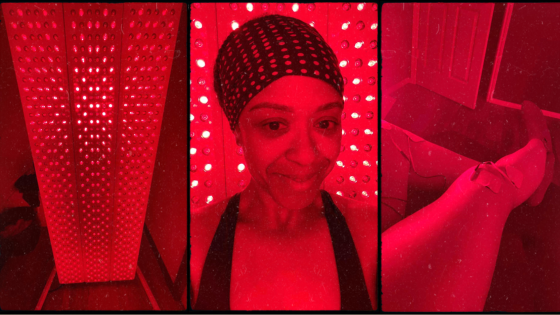
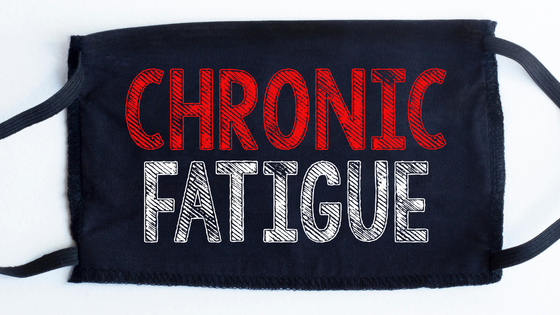
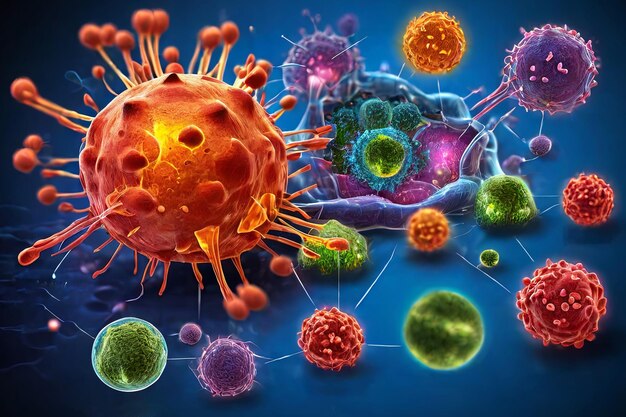
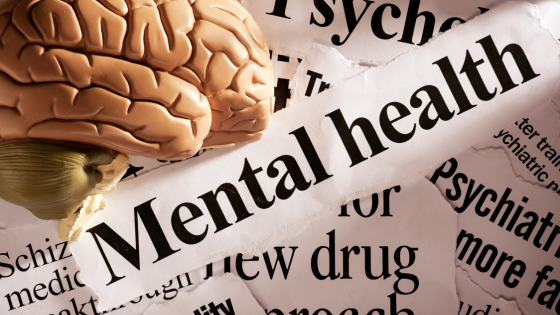

+leave a comment . . .